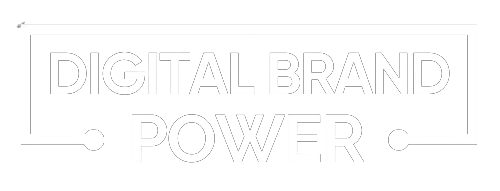In the ever-changing world of digital marketing, content has become a major player in engagement, brand building, and attracting potential customers. Going from creating blog posts, videos, and other content to getting real results is an exciting journey. It’s a journey that requires creativity, strategy, and a good grasp of Content Marketing Return on Investment (ROI). This article will help you understand what Content Marketing ROI is and how to measure your success in simple terms.
What is Content Marketing ROI?
A Guide to Calculating Content Marketing ROI

Know What You Put In: Determine Your Investment
See What You Got Out: Assigning Values to Outcomes
Do the Math: Calculate Returns

Remember: Consider the Time Factor
Understanding KPIs and Content Marketing ROI
- Website Traffic and Engagement: Look at how many people come to your website, how long they stay, and if they leave right away. This tells you if your content keeps them interested.
- Lead Generation: Getting More Leads. If people are giving you their contact info because they like your content, that’s a great sign. This means your content is turning strangers into possible customers.
- Social Media Metrics: Social media stuff such as Likes, shares, comments, and having more people follow you online shows that your content is getting attention on social media.
- Conversion Rates: Turning Lookers into Buyers. Check how many of the people who are interested in your content end up buying something from you. This helps you see if your content is pushing people to become customers.
- Customer Retention and Loyalty: Keeping Customers Happy. Content isn’t just about getting new customers; it’s also about keeping the ones you already have. If people keep buying from you, it shows your content is doing its job.
Frequently Asked Questions
While it’s a bit tricky, you can still measure things like brand perception. Ask people in surveys how they feel about your brand before and after your content. Also, see if more people talk about your brand on social media or leave good reviews.
There’s no set number to aim for since it depends on your business. A positive ROI is good, but what’s “good” changes. Focus on making your ROI better over time. You can compare it to what other businesses in your field get, but the most important thing is to keep improving.
To make sure your content keeps helping you, make stuff that stays useful even after a while. Update your old content to keep it fresh. Also, use keywords to show up in search results so people find your content even later.

